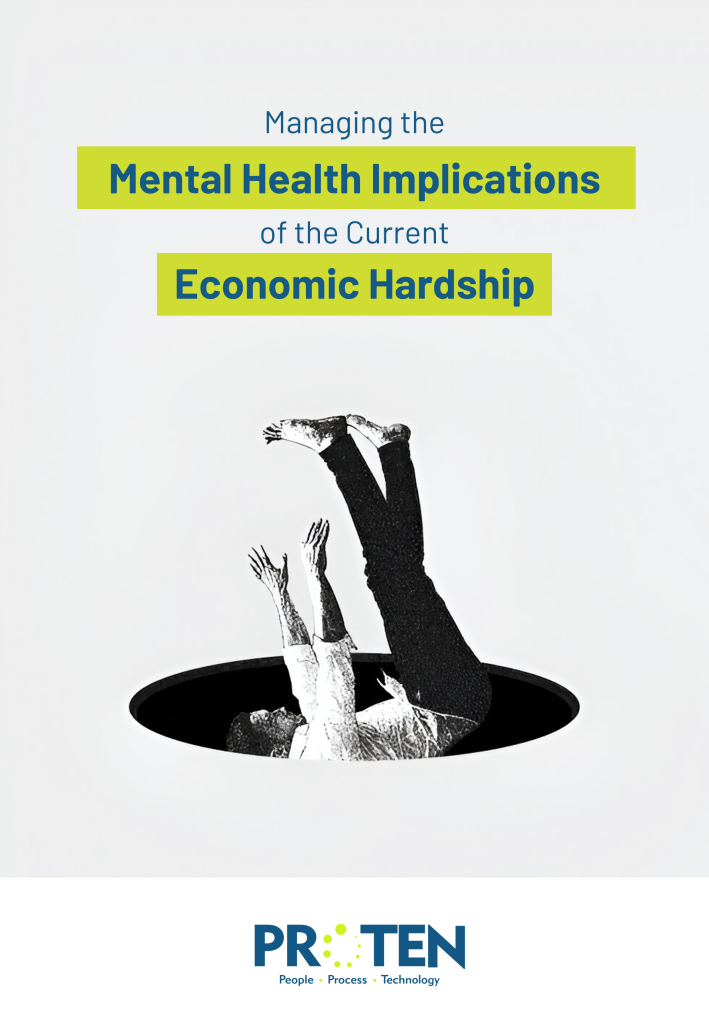This economic strain has resulted in reduced household income and limited access to essential services such as healthcare and education. For employees, the dual burden of rising living costs and stagnant wages has created an environment of chronic stress and uncertainty.
Nigeria’s inflation rate increased for the second consecutive month in October 2024, reaching a four-month high of 33.9%, up from 32.7% in September. This surge was largely driven by escalating food prices, soaring energy costs, and continued volatility in foreign exchange markets. Food inflation, which constitutes the largest component of Nigeria’s inflation basket, accelerated to 39.2% in October, compared to 37.8% in September.
The spike was attributed to reduced harvests caused by severe flooding and ongoing crises in critical agricultural regions. Transportation costs also saw a significant increase, with inflation climbing to 29.3%, fueled by higher petrol and gas prices following the removal of fuel subsidies.





